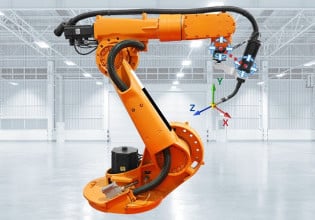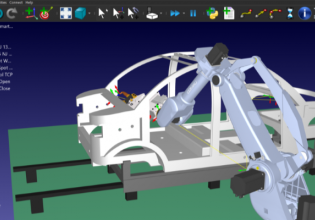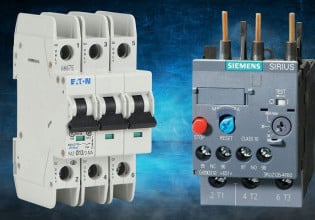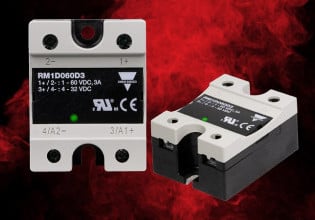A
I have worked on a number of projects in Wonderware and iFIX and while they have there advantages, I am seriously considering using Visual Studio/.NET/c# for a new application. If I use visual studio I get a professional development enviroment (including source code control, professional designers, etc) and a very flexible framework to start with. Of course there are a few things missing, like a built in tag list, alarm monitoring etc. At this point, I am just looking at opinions for and/or against this approach.
Thanks.
Thanks.






